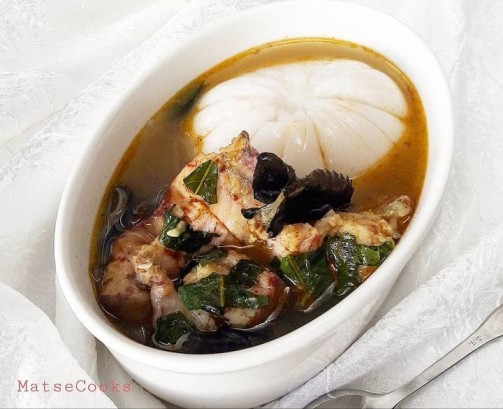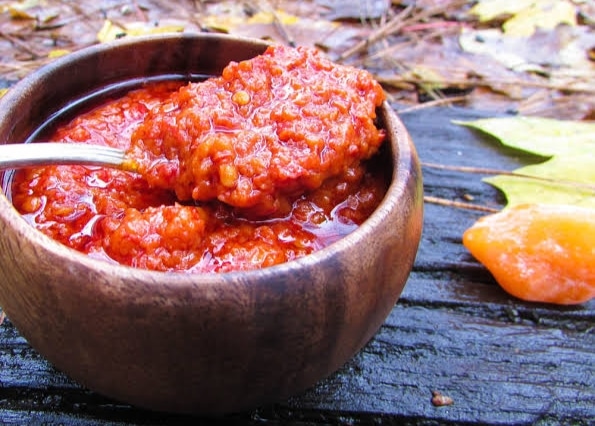Suya is a well-known spicy dish that is made of skewered meat. The method applied for preparation is grilling, and skewered beef, chicken, or ram can be used. Sometimes, kidneys and liver are also used. It is a popular Nigerian street food that is served with raw onions, tomatoes, cilantro, lettuce, and cabbage.
The meat is marinated in various spices, such as the Hausa dehydrated groundnut cookie known as ‘kwuli kwuli,’ salt, vegetable oil, and other spices and flavorings, and then barbecued. Even though suya originates from Northern Nigeria and is a traditional Hausa Nigerian dish, it is loved by every tribe in Nigeria because it is delicious and available everywhere.
This article will provide you with the nutritional value and health benefits of suya, as well as some potential drawbacks or side effects of suya.
Nutritional Value of Suya
Since suya is typically made from beef, it is high in protein, cholesterol, fibre, and saturated fat. Most animal-derived foods, such as meat from goats, cows, and ram, are high in certain nutrients.
They include vitamin B12, zinc, selenium, iron, manganese, magnesium, and phosphorus. Other compounds in beef meat are creatine, cholesterol, Glutathione, and taurine. Suya is high in sodium and calories. The calories in suya can range from 250 to 300 calories per stick.
Health Benefits of Suya

1. Boosts immunity
Suya is a good source of zinc, which the body needs to restore damaged tissue and promote a healthy immune system. Suya, made from beef and lamb, also contains iron, and vitamins B12 and B6, which all play an important role in keeping your immune system in good health.
2. Improves muscle function
Like most animal-derived foods, suya is a great source of protein. Protein is important for proper muscle function. It helps to repair the muscle tissue that is lost in the wear and tear of daily activities. It is also vital to consume more protein because it helps you build more muscle, especially if you’re lifting weights or bodybuilding. Thus, suya is one of the Nigerian foods for bodybuilding.
3. Prevents anaemia
Suya is an amazing source of iron. The iron in suya helps your body produce hemoglobin, a protein that assists blood in carrying oxygen from the lungs to the rest of your body. When you don’t consume enough iron, that can put you at risk of iron deficiency anemia, and you will feel tired, listless, weak, and mentally foggy.
Eating suya can help prevent iron deficiency anemia because it is rich in iron.
Possible Side Effects of Eating Suya
Although suya is very tasty and delicious, there are also some potential risks associated with eating it. Here are the side effects of suya:
- Might lead to heart diseases.
Some studies linked high consumption of beef and red meat to an increased risk of heart diseases. However, consuming meat regularly alone can’t cause heart disease; only a generally unhealthy lifestyle would increase the risk.
- Might increase the risk of diabetes
Eating red meat, beef, pork, or lamb, may raise the risk of diabetes. A 2020 study stated that consuming just 50 grams of red meat each day can significantly increase diabetes risk. People with diabetes are advised to eat lean meats.
- Might be unhygienic
Despite its tantalizing taste, suya is still one of the most unsafe roadside foods in Nigeria. Some suya sellers might prepare without taking proper hygienic measures, which might cause stomach problems.
Conclusion
Suya is a delicious Nigerian snack with amazing nutrients. It is also healthy and can benefit the body. However, it should be eaten in moderation and precaution.
ALSO READ:
- 6 Superb Health Benefits of Snail Meat
- 5 Awesome Health Benefits Of Pork Meat
- 6 Notable Health Benefits of Rabbit Meat
- 7 Amazing Health Benefits of Eating Goat Meat
- 5 Amazing Health Benefits Of Catfish
- 8 Health Benefits of Vegetable Soup (Ugu)
- 5 Wonderful Health Benefits of Banga Soup
- 7 Excellent Health Benefits of Miyan Kuka
- 10 Healthy Nigerian Soups For Everyone
- The Wonderful Health Benefits of Owo Soup
Collins Nwokolo is a human physiologist, writer and health enthusiast. He loves writing helpful articles on health and fitness, which he enjoys sharing with everyone.






